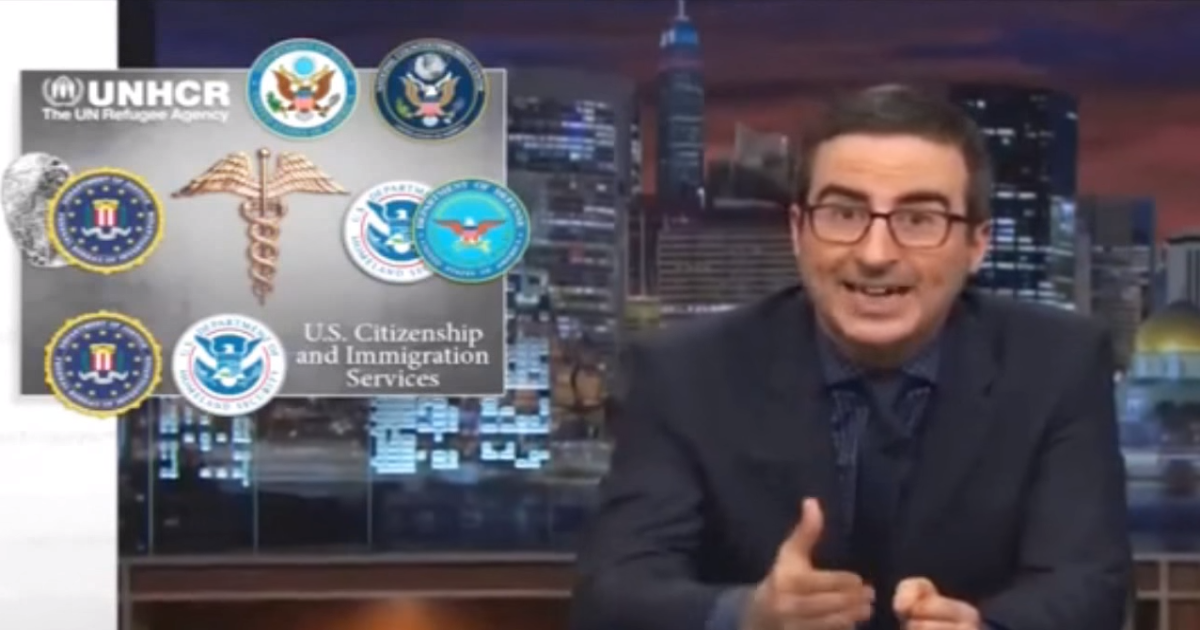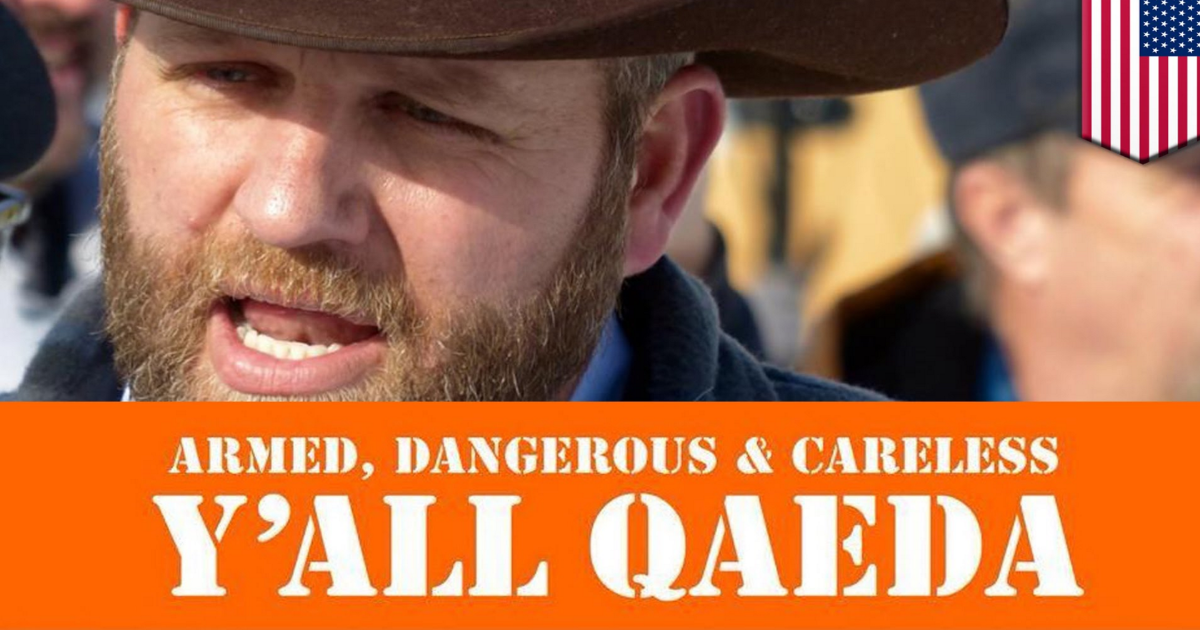Since the Espionage Act of 1917 was enacted during World War I, the United States has only seen three indictments in the act’s 90 years. The act is intended to “protect the United States against ‘the insidious methods of internal hostile activities.’” Since the Obama Administration took Washington, there have been six indictments under the Espionage Act, according to AlterNet.
These recent indictments weren’t used to prosecute government double-agents exposing war secrets to America’s enemies. They were whistleblowers – and patriots – who acted in the best interest of the American people.
The most recent and glaring example is the case of Pfc. Bradley Manning. In 2010, Manning leaked 700,000 military documents and videos to Wikileaks. One such video is the infamous document of an American gunship slaughtering about 12 people, including journalists. In regards to why he released the information, Manning said it was “to help enlighten the public about ‘what happens and why it happens’ and to ‘spark a debate about foreign policy.’” Before Wikileaks – however – Manning took his findings to such large newspapers as The Washington Post and The New York Times, neither of which would pick up the story. Even still, Manning is facing serious charges in military court including “aiding the enemy.”
“I believed that if the . . . American public, had access to the information .?.?. this could spark a domestic debate over the role of the military and our foreign policy in general,” Manning said, quoted by The Washington Post.
Mannings words are similar to those of Daniel Ellsburg, famously known for leaking the Pentagon Papers that exposed gross government misconduct in its policies and actions regarding the Vietnam War. “The reasons are very clearly domestic political reasons, not national security at all,” Ellsburg told The New York Times. “The reasons for the prolonged secrecy are to conceal the fact that so much of the policy making doesn’t bear public examination. It’s embarrassing, or even incriminating.”
For some whistleblowers – however – the charges brought against Ellsburg for releasing the Pentagon Papers to The NYT were dropped. See the case of Thomas Drake, the former National Security Agency executive who leaked information of a debate within the NSA about intelligence-gathering computer programs. What was supposed to be a mere exposure about wasteful government spending landed Drake an indictment and he was facing 35 years in prison, despite the fact that the information was unclassified. His charges were later heavily reduced to one misdemeanor count for “exceeding authorized use of a computer.”
“I was faced with a crisis of conscience,” Drake told The New Yorker. “What do I do — remain silent, and complicit, or go to the press?”
Something is to be said about the government’s overall abuse of power when trying to silence such patriots, like Manning, Ellsburg and Drake. The United States government is trying to maintain a level of absolute secrecy at the behest of its own agenda; whether it be corporate, military or otherwise. It’s all motivated by maintaining public approval and cash.
Manning, Drake and others like them should be heralded as patriots, guerilla-level watchdogs that are in the trenches, alerting the American people to government and corporate indecency.
Joshua de Leon is a writer and researcher with Ring of Fire.


